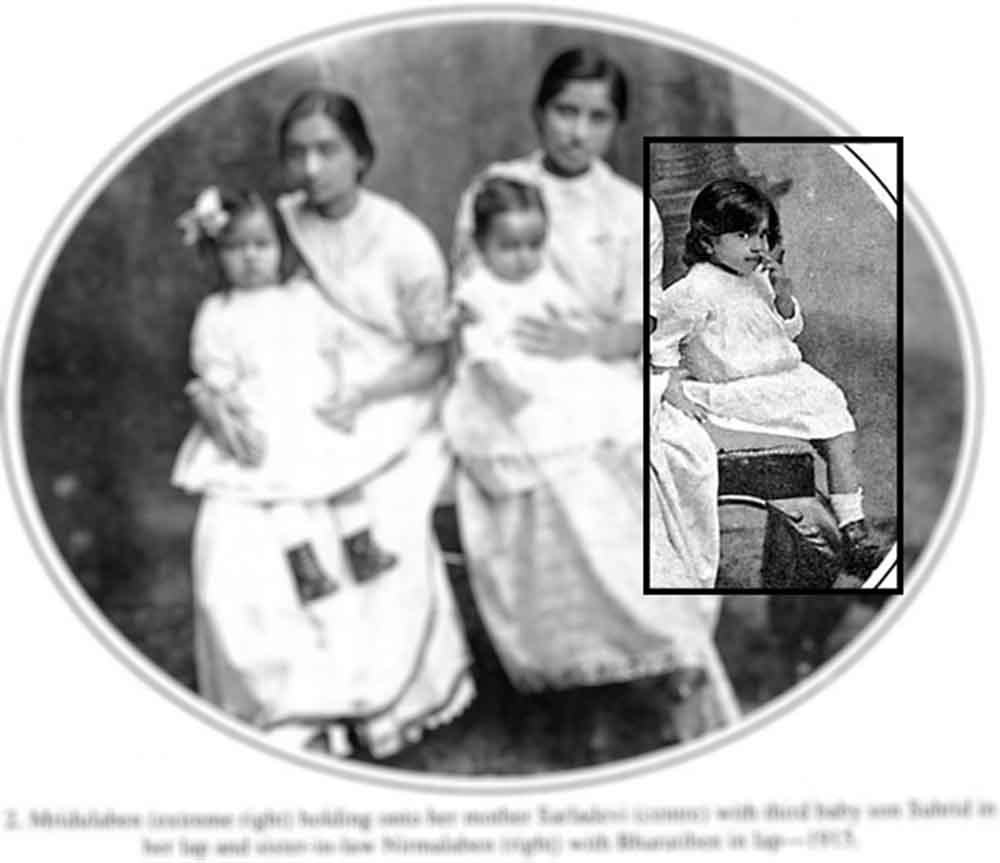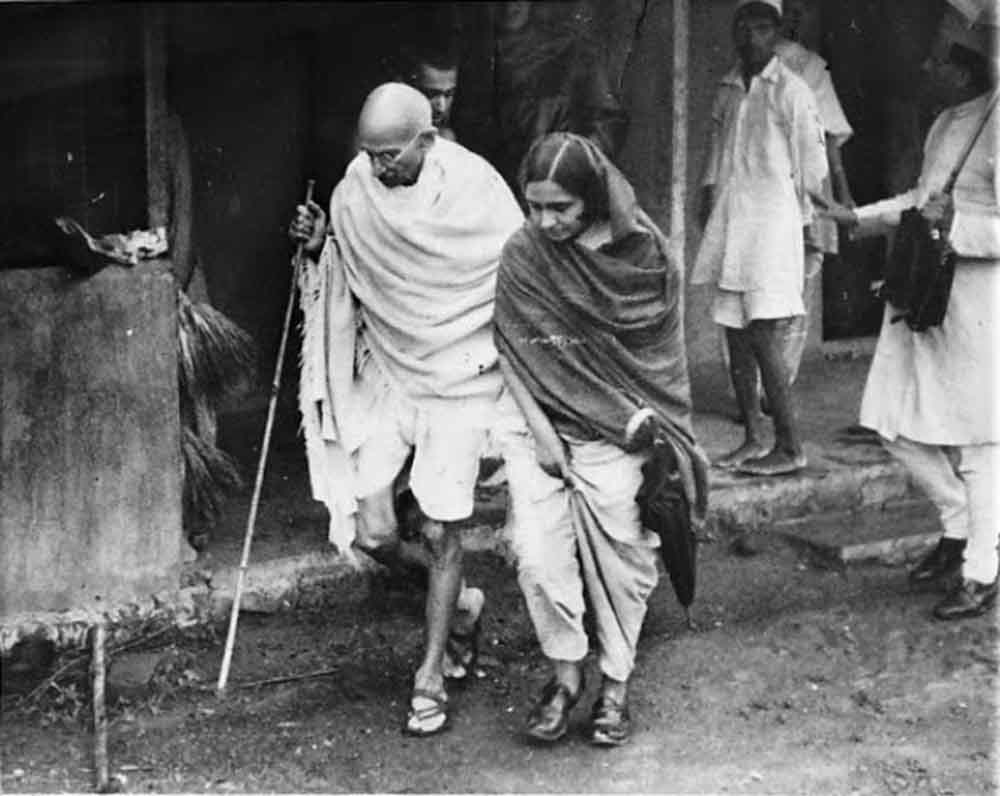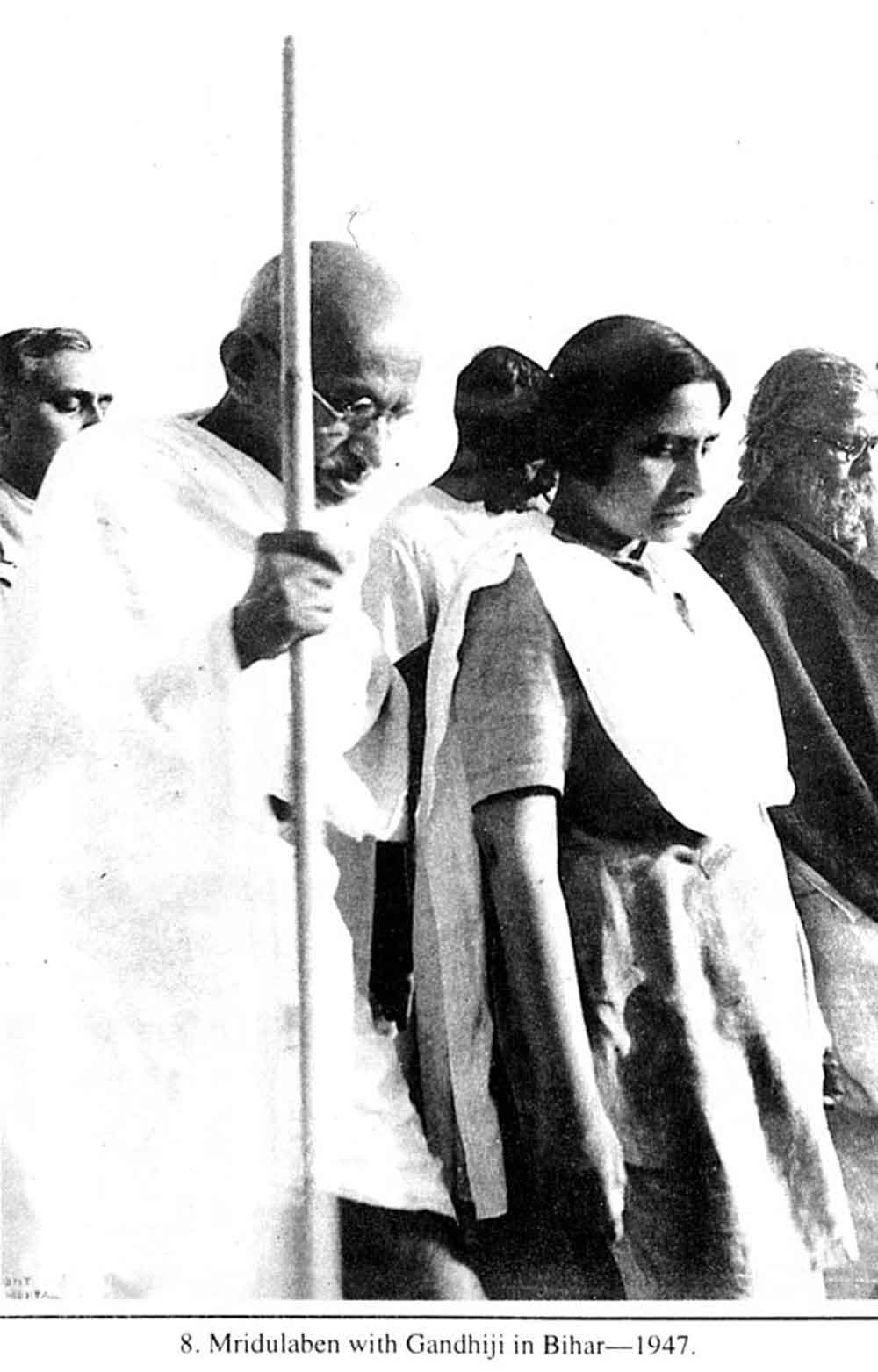Born in 1911, Mridula Sarabhai belonged to one of India’s wealthiest and most influential industrial dynasties - the illustrious Sarabhai family of Ahmedabad. She was the sister of physicist Vikram Sarabhai, widely regarded as the father of India’s space programme. But unlike many of her privileged contemporaries, Mridula’s path diverged sharply from the comforts of wealth and societal expectations. She chose instead to dedicate her life to India’s freedom struggle, social justice, and human rights, often at great personal cost.

Mridula was drawn towards nationalist politics at a young age. Deeply influenced by Mahatma Gandhi, she embraced his ideals of non-violence and communal harmony. Though she never officially held a political post or joined electoral politics, she became a formidable force within the Indian National Congress. Known for her fearlessness, clarity of thought, and unwavering moral compass, she worked closely with Congress leaders and played a vital behind-the-scenes role in the struggle for independence.
One of the darkest and most defining chapters of her life came during the Partition of India in 1947. As the country rejoiced in its hard-won freedom, it simultaneously descended into one of the bloodiest human tragedies in modern history. Communal riots, mass migrations, and horrific violence swept across Punjab and Bengal. Mridula, who had been in Patna working with Gandhi to restore peace in riot-hit Bihar, received permission to attend the Independence Day celebrations in Delhi. But even as the tricolour was hoisted at the Red Fort, she learnt that Punjab was aflame with violence.

Wasting no time, she approached Prime Minister Nehru, requesting to travel to Punjab. Though initially hesitant, Nehru eventually gave her the go-ahead. With roads blocked by violent mobs, Mridula flew to Lahore and joined a convoy of terrified Hindu and Sikh refugees heading toward Amritsar. Thanks to her reputation for helping Muslims during earlier riots, many in the convoy felt safer with her by their side. Throughout the harrowing journey, Mridula comforted the frightened women and children, boosting morale and offering hope amid chaos.
Once in Amritsar, she found a city overrun by panic and lawlessness. Refugees poured in from across the border, many with stories of unimaginable horror - families torn apart, homes destroyed, women abducted. Amidst this storm of pain and anger, Mridula chose to continue working for the welfare of all, including Muslims - an unpopular and dangerous stance at the time. But she never wavered.

In the final years of her life, Mridula largely withdrew from public life and visibility but never lost her commitment to justice. She passed away in 1974, leaving behind no memoirs or self-congratulatory accounts.
Mridula Sarabhai was never one to seek the limelight. But through her fearless relief work during the Partition, her principled stand on Kashmir, and her lifelong fight for communal harmony, she became one of modern India’s unsung heroines.